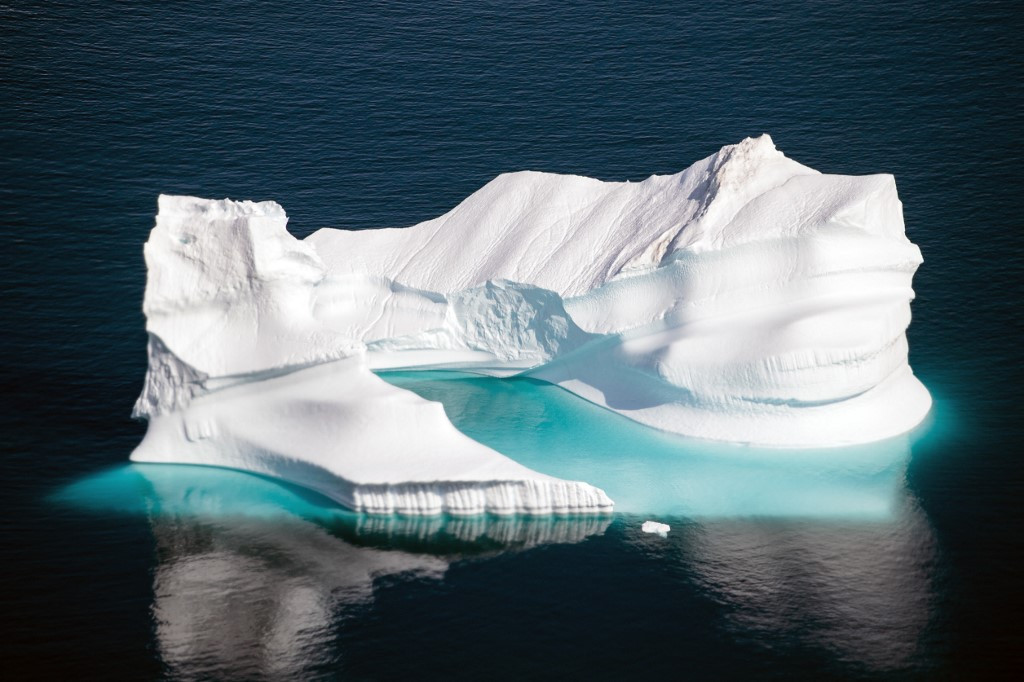Popular Reads
Top Results
Can't find what you're looking for?
View all search resultsPopular Reads
Top Results
Can't find what you're looking for?
View all search resultsMarch heat, Antarctic ice close to records
"The month was jointly the second-warmest March globally," tied with 2017, 2019 and 2020, the Copernicus Climate Change Service said. The hottest March on record was in 2016.
Change text size
Gift Premium Articles
to Anyone
 In this file photo taken on August 15, 2019 an aerial photo taken on August 15, 2019 shows an iceberg as it floats along the eastern cost of Greenland near Kulusuk (aslo spelled Qulusuk). Rising global temperature, rising sea levels, intensification of extreme events... The publication of the report of the Intergovernmental Panel on Climate Change (IPCC) is scheduled on August 9. (AFP/Jonathan NACKSTRAND)
In this file photo taken on August 15, 2019 an aerial photo taken on August 15, 2019 shows an iceberg as it floats along the eastern cost of Greenland near Kulusuk (aslo spelled Qulusuk). Rising global temperature, rising sea levels, intensification of extreme events... The publication of the report of the Intergovernmental Panel on Climate Change (IPCC) is scheduled on August 9. (AFP/Jonathan NACKSTRAND)
E
arth had its joint second-warmest March on record with Antarctic sea ice shrinking to its second-lowest extent for that month, the EU's climate monitoring agency said on Thursday.
"The month was jointly the second-warmest March globally," tied with 2017, 2019 and 2020, the Copernicus Climate Change Service said. The hottest March on record was in 2016.
Its report is based on computer-generated analyses using billions of measurements from satellites, ships, aircraft and weather stations around the world.
It said temperatures were above average over southern and central Europe and below average over most of northern Europe.
They were far warmer than average over much of North Africa, southwestern Russia, Asia, northeastern North America, South America including drought-stricken Argentina, Australia and coastal Antarctica.
Conversely, it was much colder than average over western and central North America, the agency said.
Global warming is causing sea ice to decline and sea levels to rise, raising warnings that dangerous tipping points could be reached.
Copernicus said Antarctic sea ice extent was the second lowest for March in the 45-year satellite data record, at 28 percent below average.
It reached 3.2 million square kilometres on average, 1.2 million sq km below the 1991-2020 average for the month.
It had reached the smallest area on record in February for the second year in a row, continuing a decade-long decline.
In the north meanwhile, Arctic sea ice extent was four percent below average and joint fourth lowest for March on record, though concentrations were above average in the Greenland Sea.
As temperatures rise globally because of human-caused climate change, Copernicus data show the past eight years were the eight warmest on record.
A UN report warned in March that those record-breaking temperatures would figure among the coolest within three or four decades, even if planet-warming emissions drop quickly.










